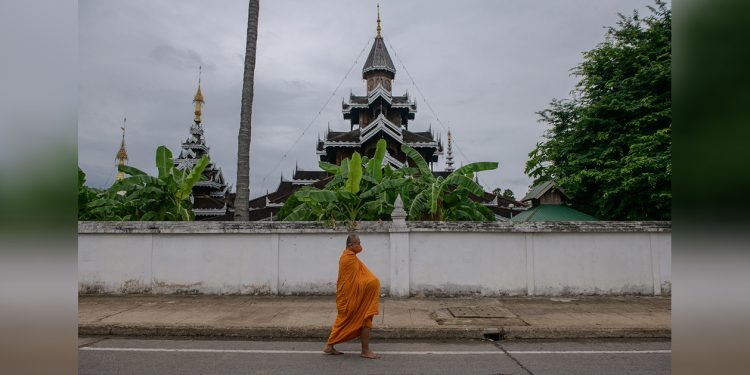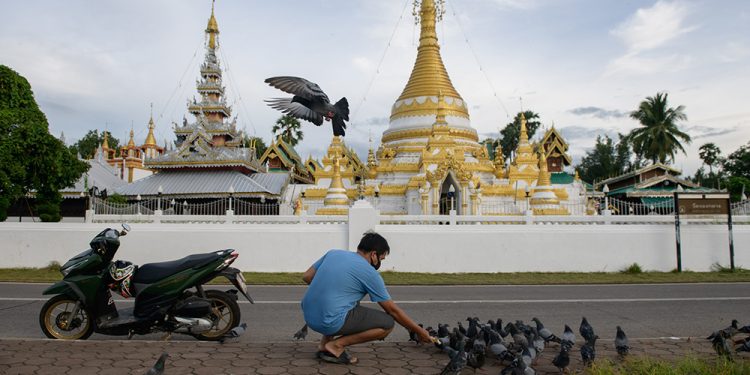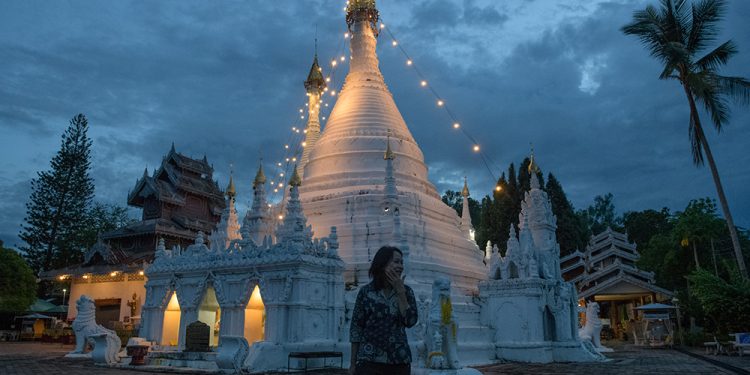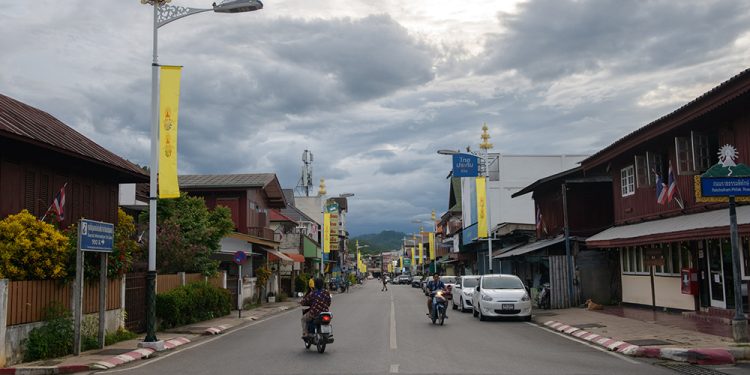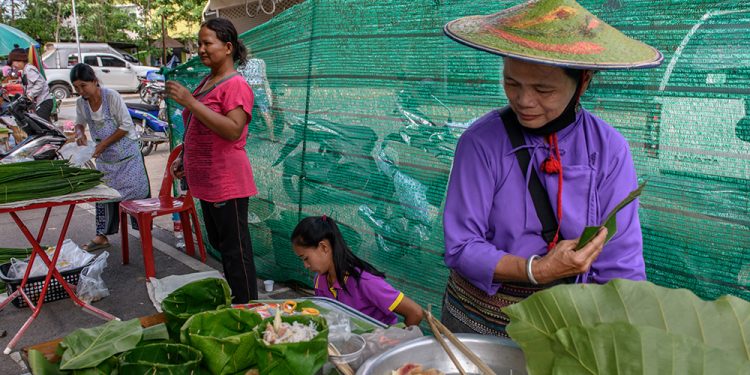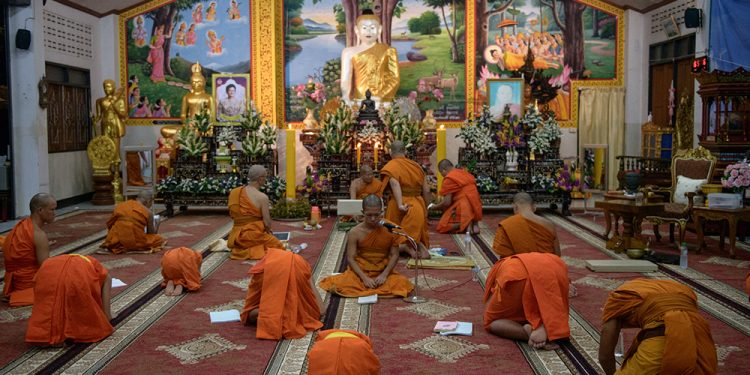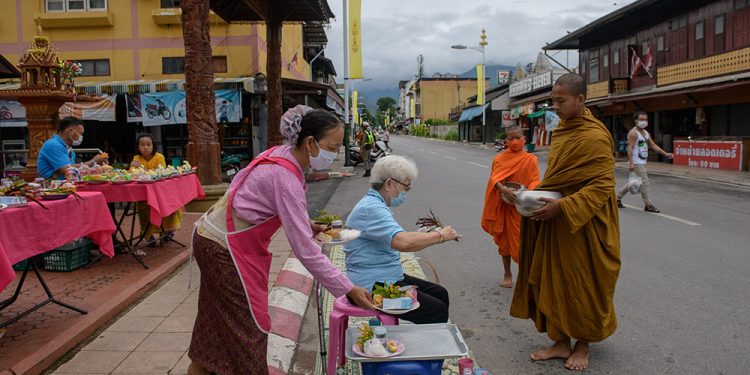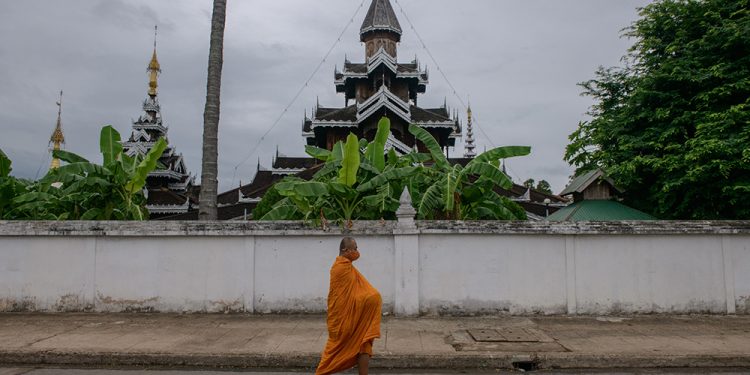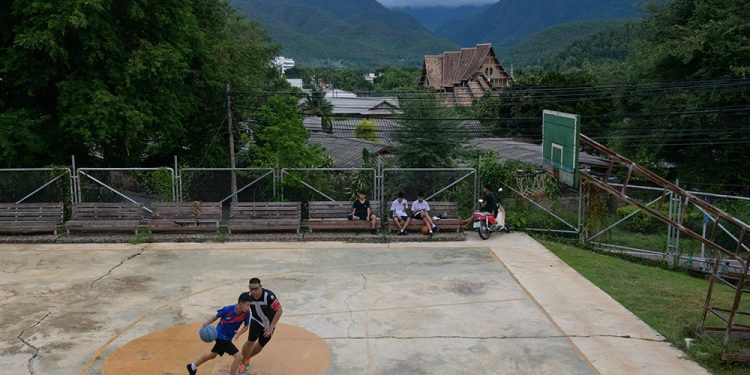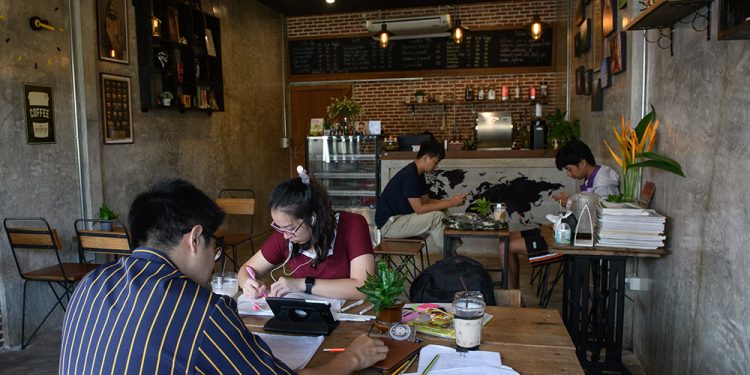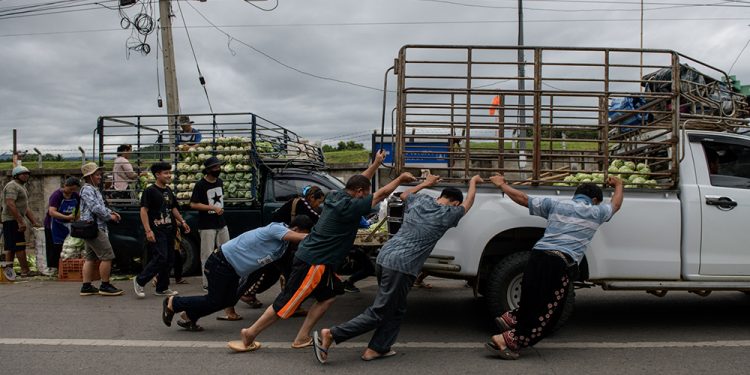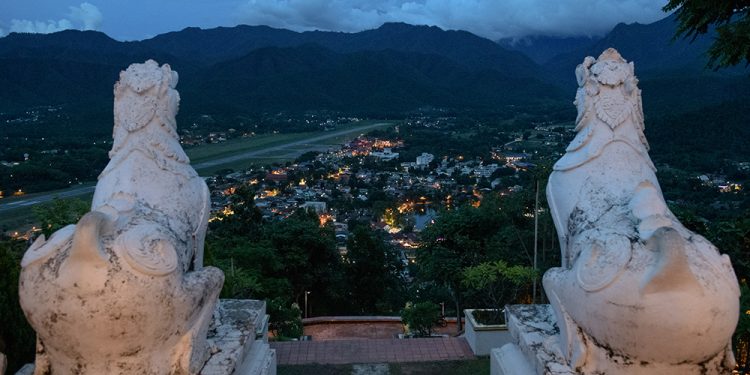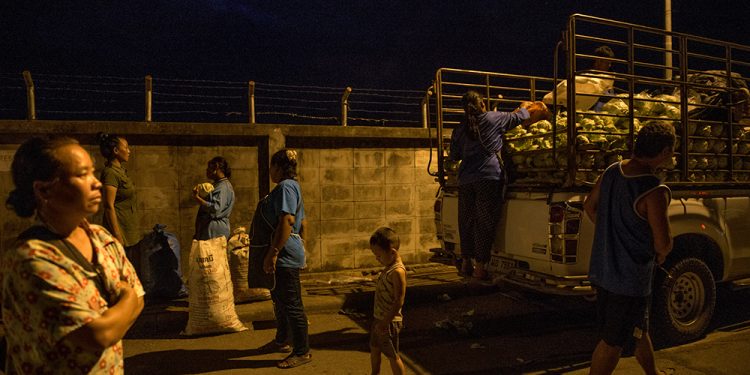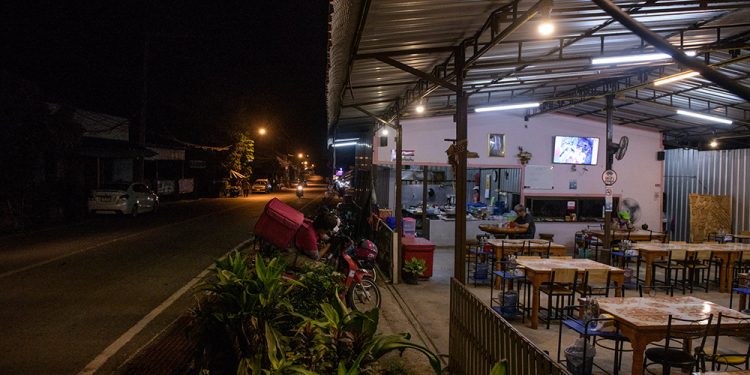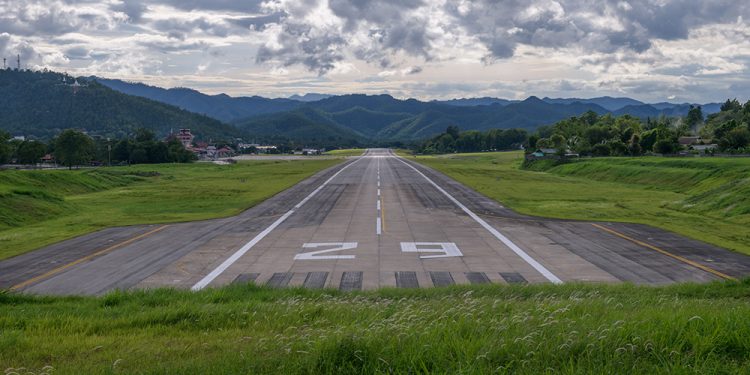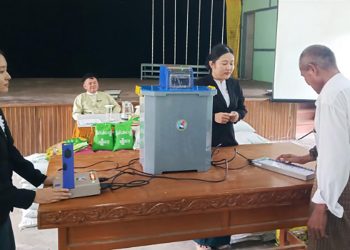As the lockdown eases in Mae Hong Son, Thailand, local residents are returning to their normal daily routines. Hotels, restaurants, flea markets and tourist sites are reopening, trying to recover from the financial disaster caused by the closures imposed since March due to COVID-19. Temples now welcome residents and visitors. But the city remains silent due to the lack of tourists, so businesses’ incomes have yet to return to normal levels. Yet, the airport will remain closed until October.
Residents of Mae Hong Son and the border region include many ethnic groups from Myanmar. They include Tai Yai (Shan), Karen, Lahu, Lua, Hmong, Chinese Yunnan and Pa-O. Enfolded in a high mountain range in the west of northern Thailand, Mae Hong Son is known as the “city of the three mists”.
The presence of the large number of ethnic groups, especially the Tai Yai, means the region is suffused with the unique Shan culture, tradition and architecture. Mae Hong Son is sometimes referred to as the “little Shan city” and its combination of beauty and natural scenery have made it a dream tourism attraction in Thailand.
The province relies heavily on tourism so the border closure with Myanmar due to the virus outbreak has stunted trade and affected Gross Provincial Product or GPP, such as agricultural and provincial products, including tourism activities, in this spectacular city.
Vendors, daily wage earners and freelancers are losing their incomes and jobs. Many residents here are migrants from Myanmar and waiting to be approved for Thai citizenship. Others have a pink ID card indicating residence but not citizenship. They do not qualify for the 5,000 baht subsidy given to Thai citizens to help during the lockdown. They only rely on their savings.
One member of the Hmong tribe working at the morning market, a farmer who transports fresh vegetables from their farm in Mae Hong Son, complained of losing sales due to the economic downturn, as business closures enforced as a preventive measure during the COVID-19 outbreak are lowering people’s purchasing power. People are buying fewer products from the market. Moreover, the lack of foreign tourists is having a huge impact on the economy. “Our income is half what we usually get,” the farmer said.
Saksit Rakthanyakarn, a butcher at the fresh market, said, “Schools, restaurants and hotels are closed due to the lockdown against COVID-19. We lose customers who are business owners and who usually come to buy our meat. Our income went down about 30-40 percent but we have to pay for expenses just the same. Some customers still owe us money for buying meat on credit before the lockdown but we understand their struggles. Once the lockdown is eased, we are hoping that the economy will be restored by least 80 percent.”
Panatpong Matananavasin, a half Thai/Shan resident, noted that even though no cases of COVID-19 have been found here, people are scared the virus will spread and are keeping themselves isolated.
The town is deserted and the streets are empty as businesses remain closed and tourists stay away due to the lockdown. The number of employed is lower than the number of unemployed; some were able to find alternative jobs to mitigate the loss of income.
Now that the lockdown is being eased, the silent town is slowly seeing some visitors but there are only Thai tourists; most businesses here normally rely on foreigners. We can only hope that tourism will be restored to normal and heal the economic impact of the COVID-19 pandemic.


